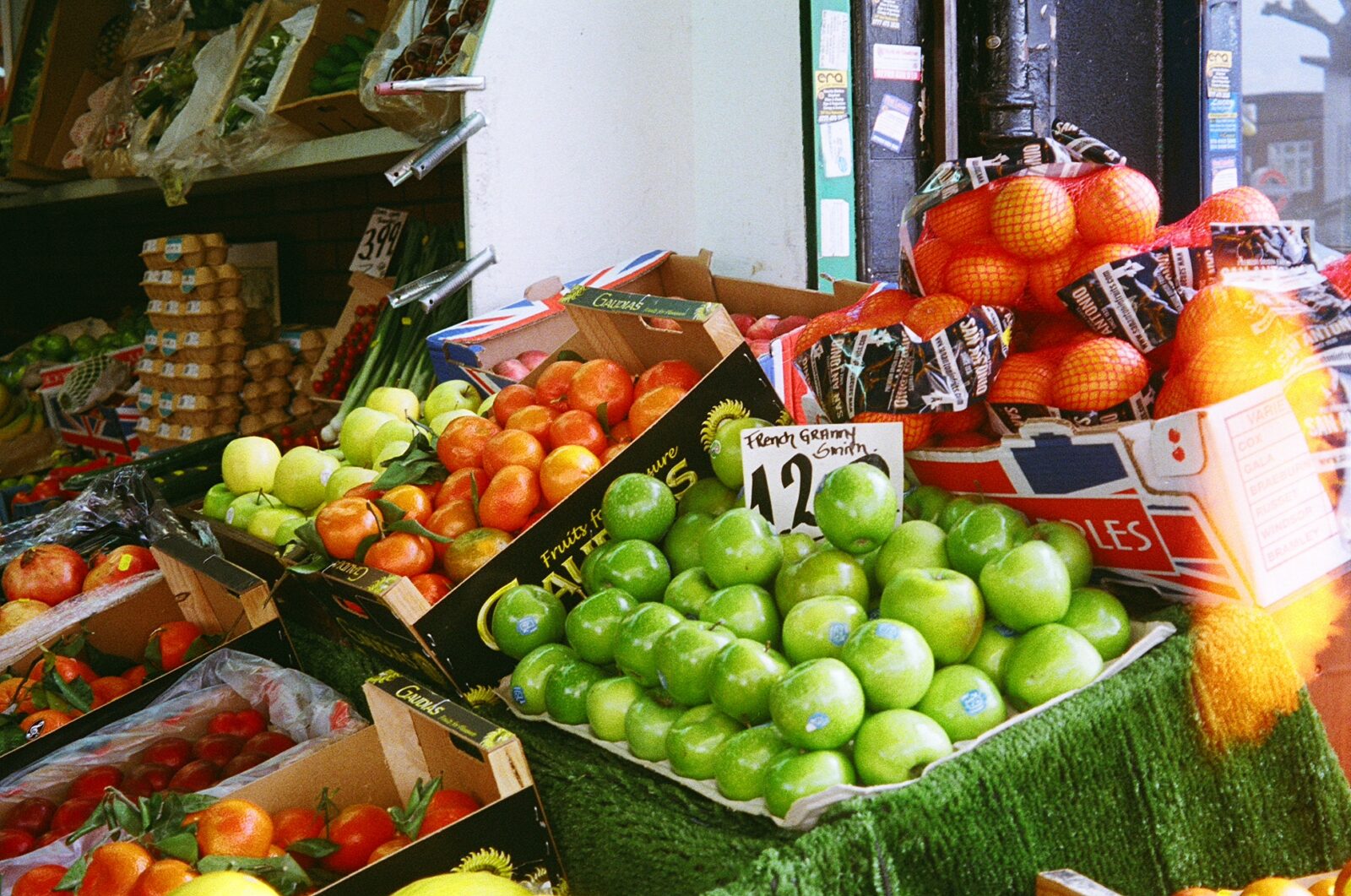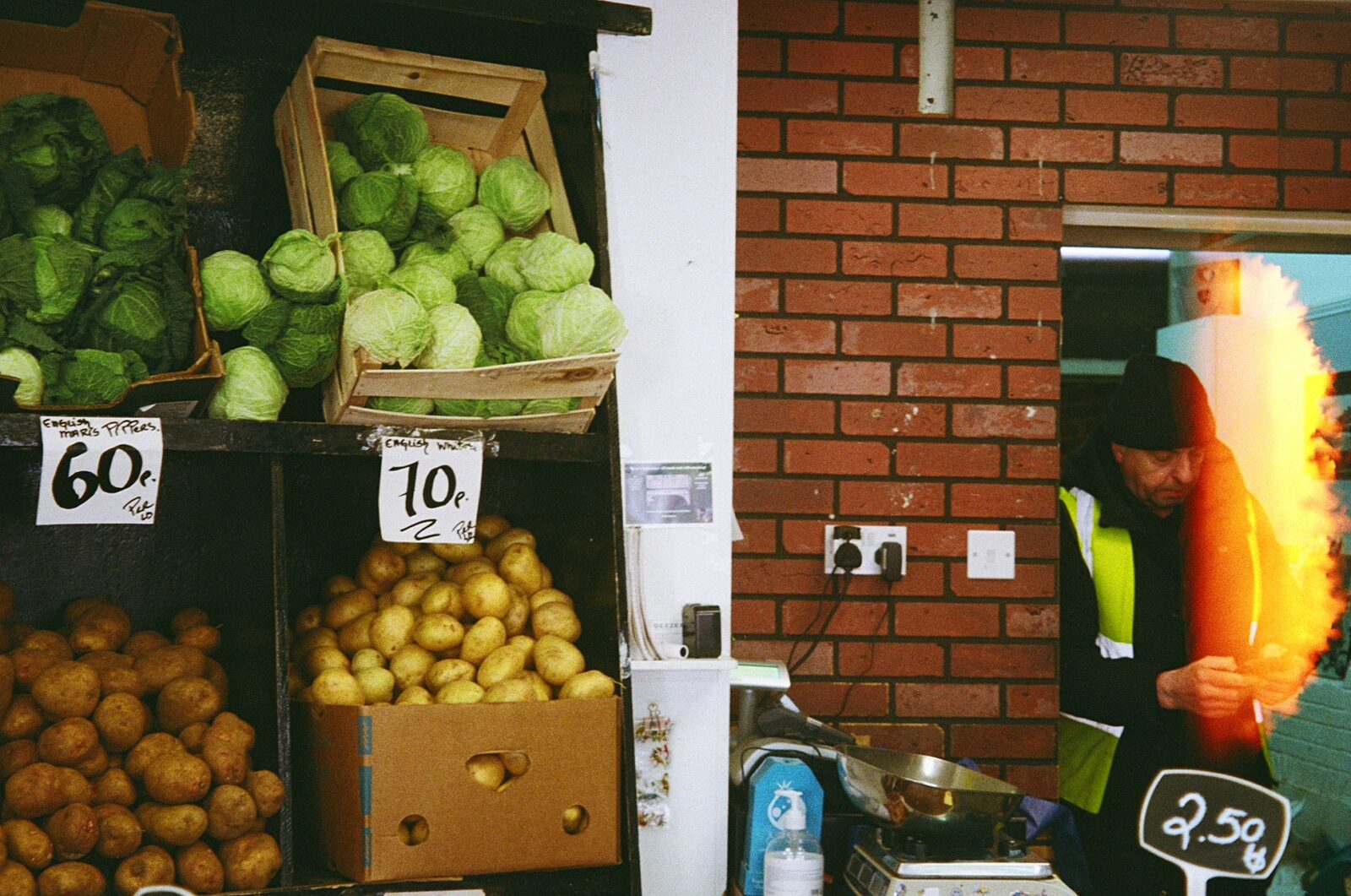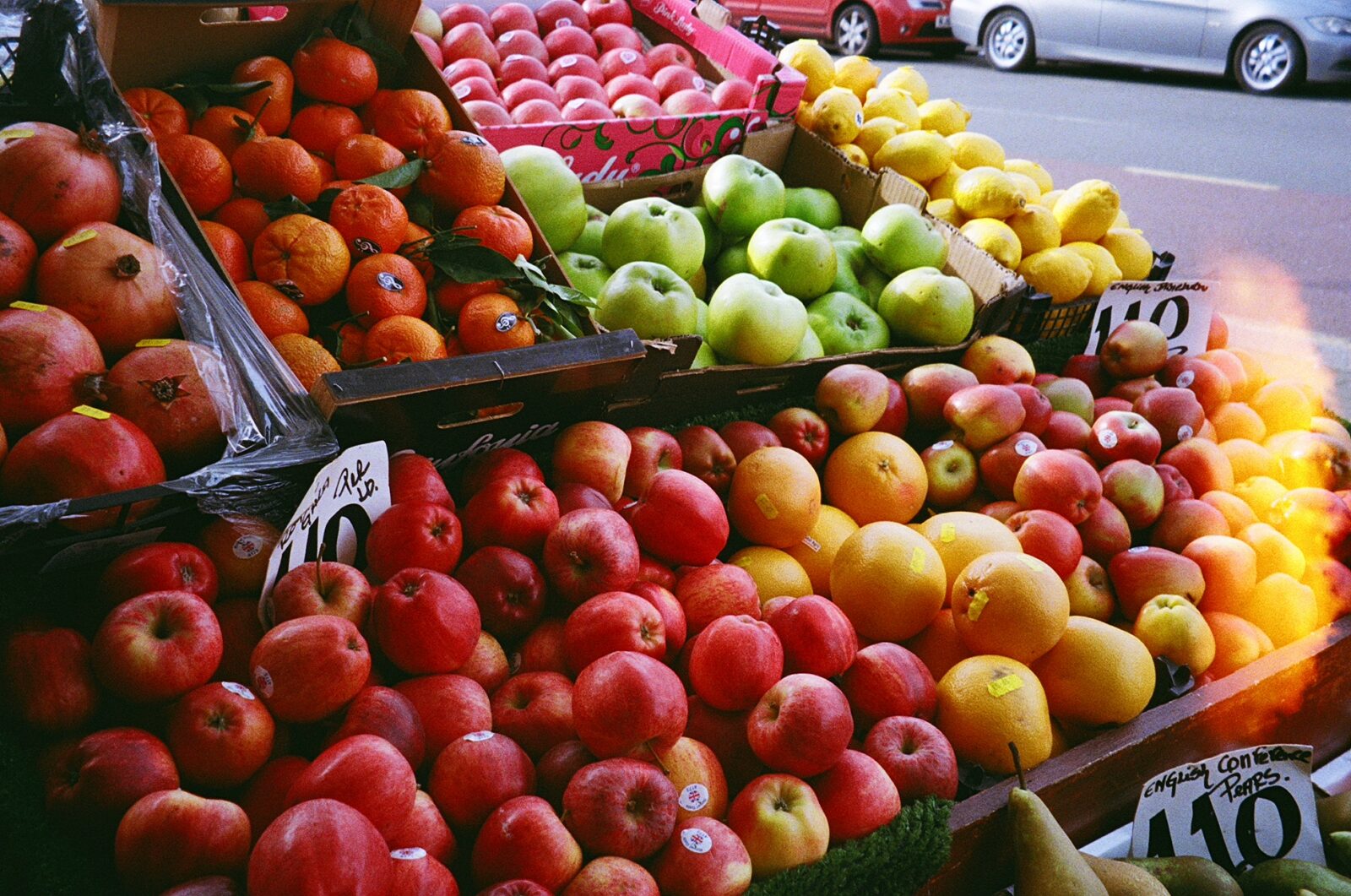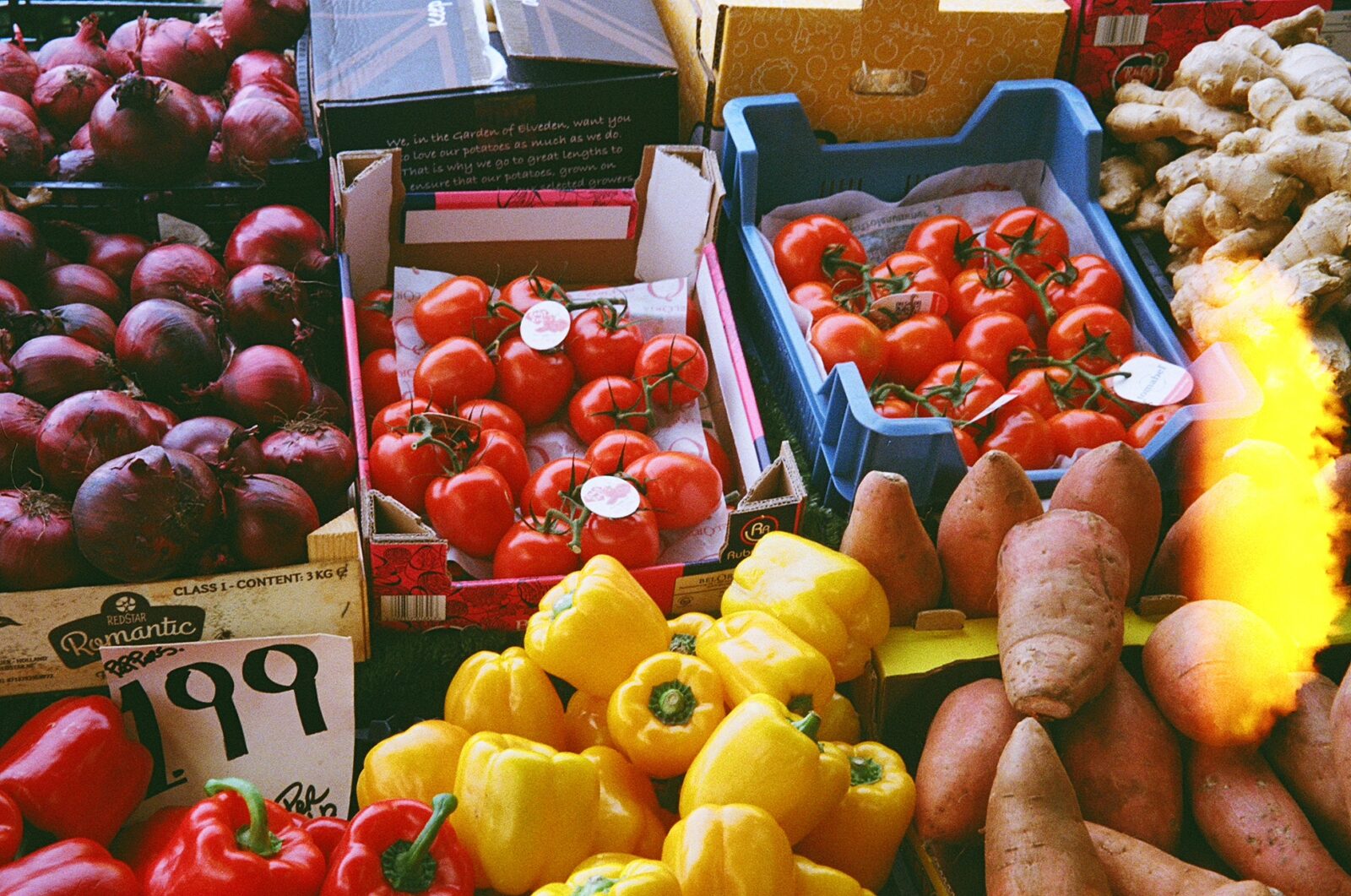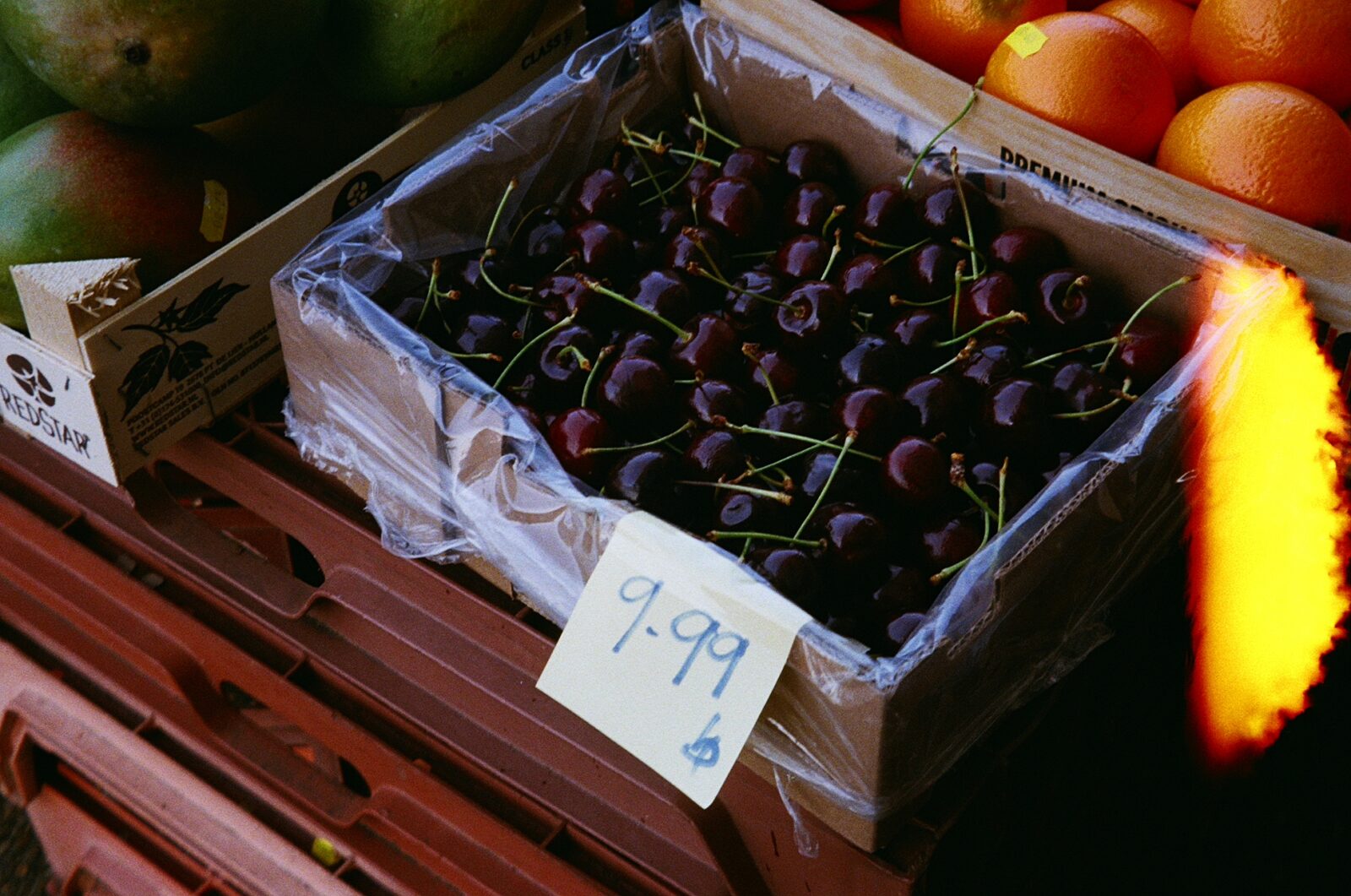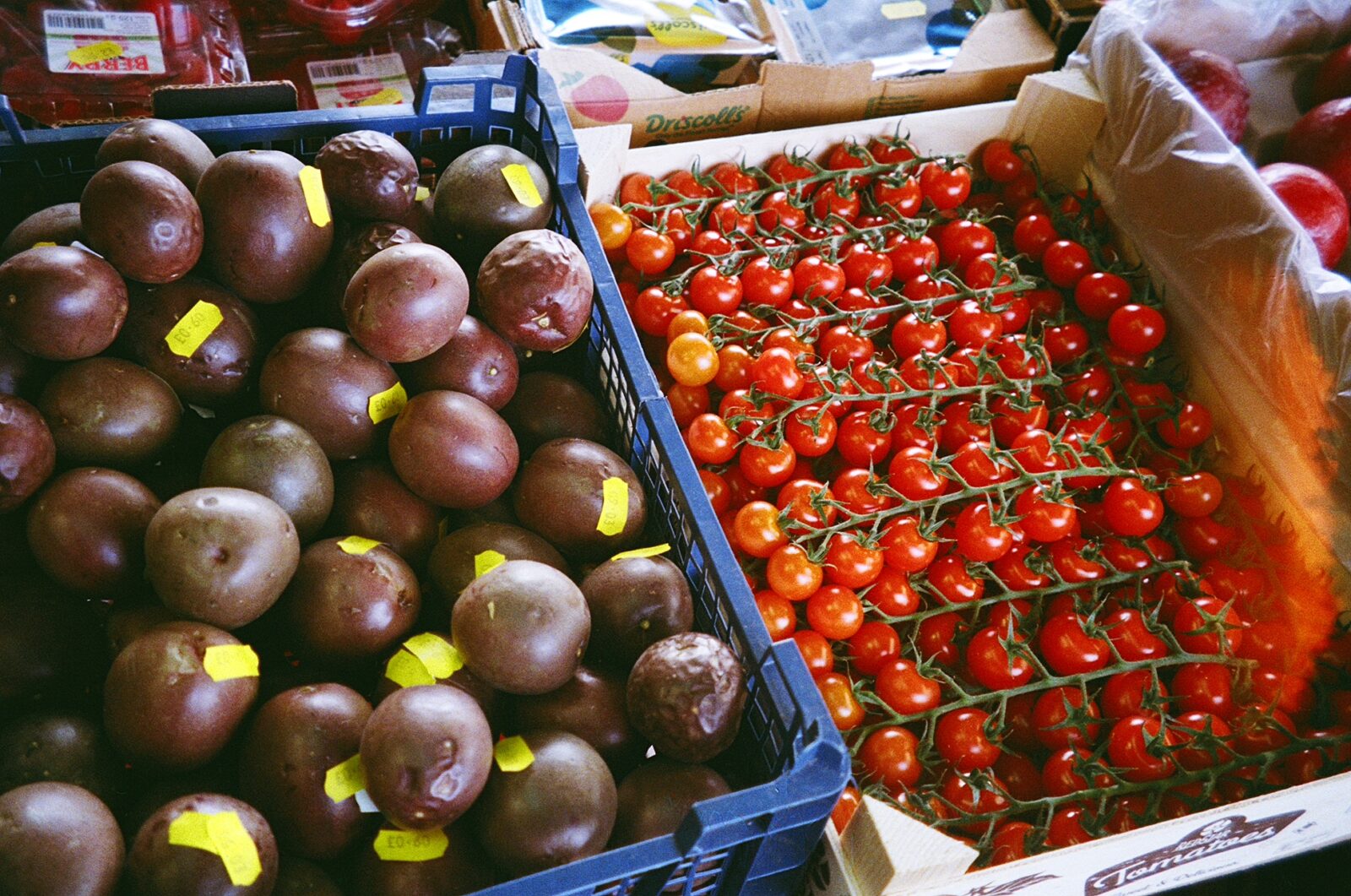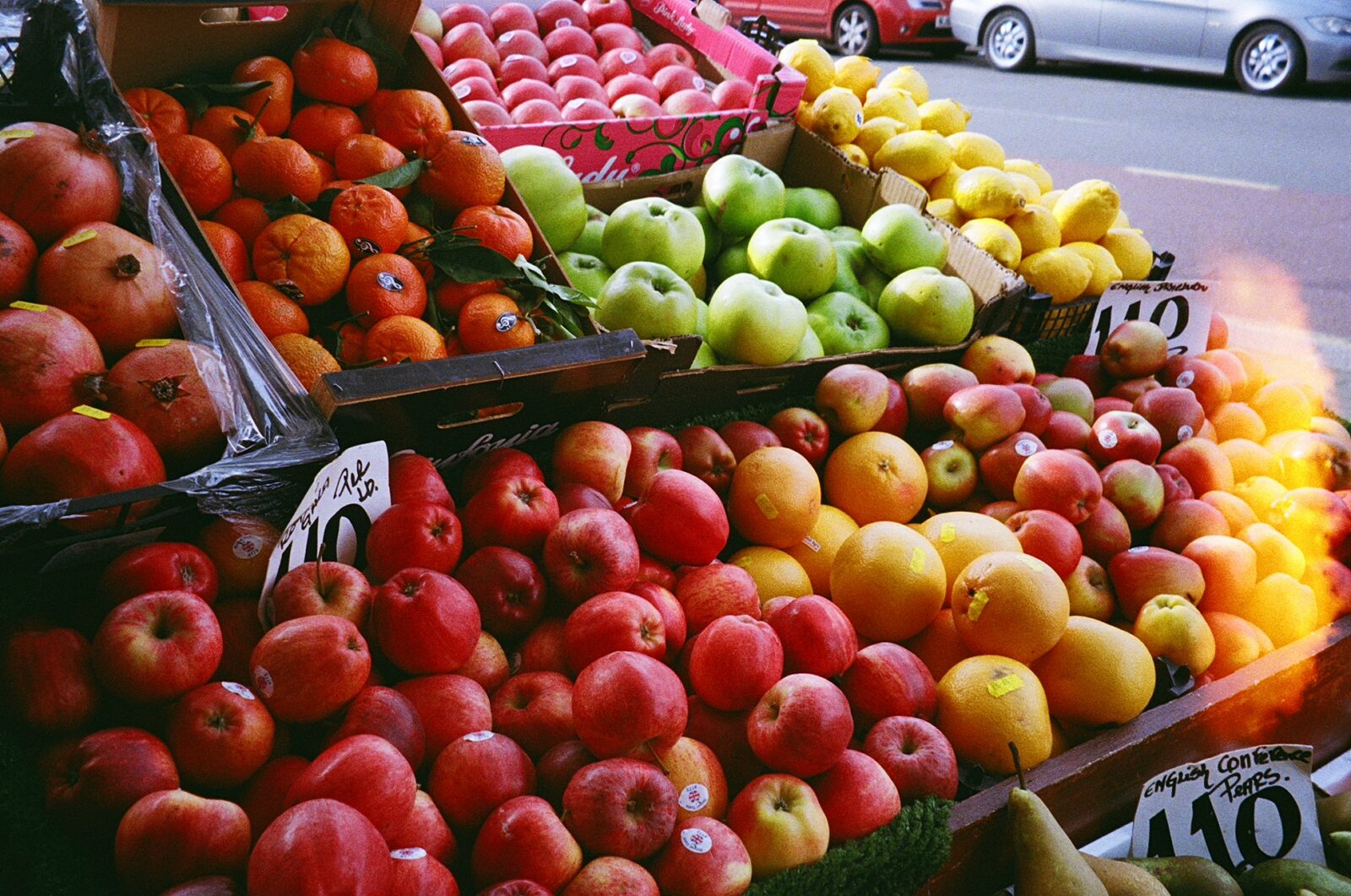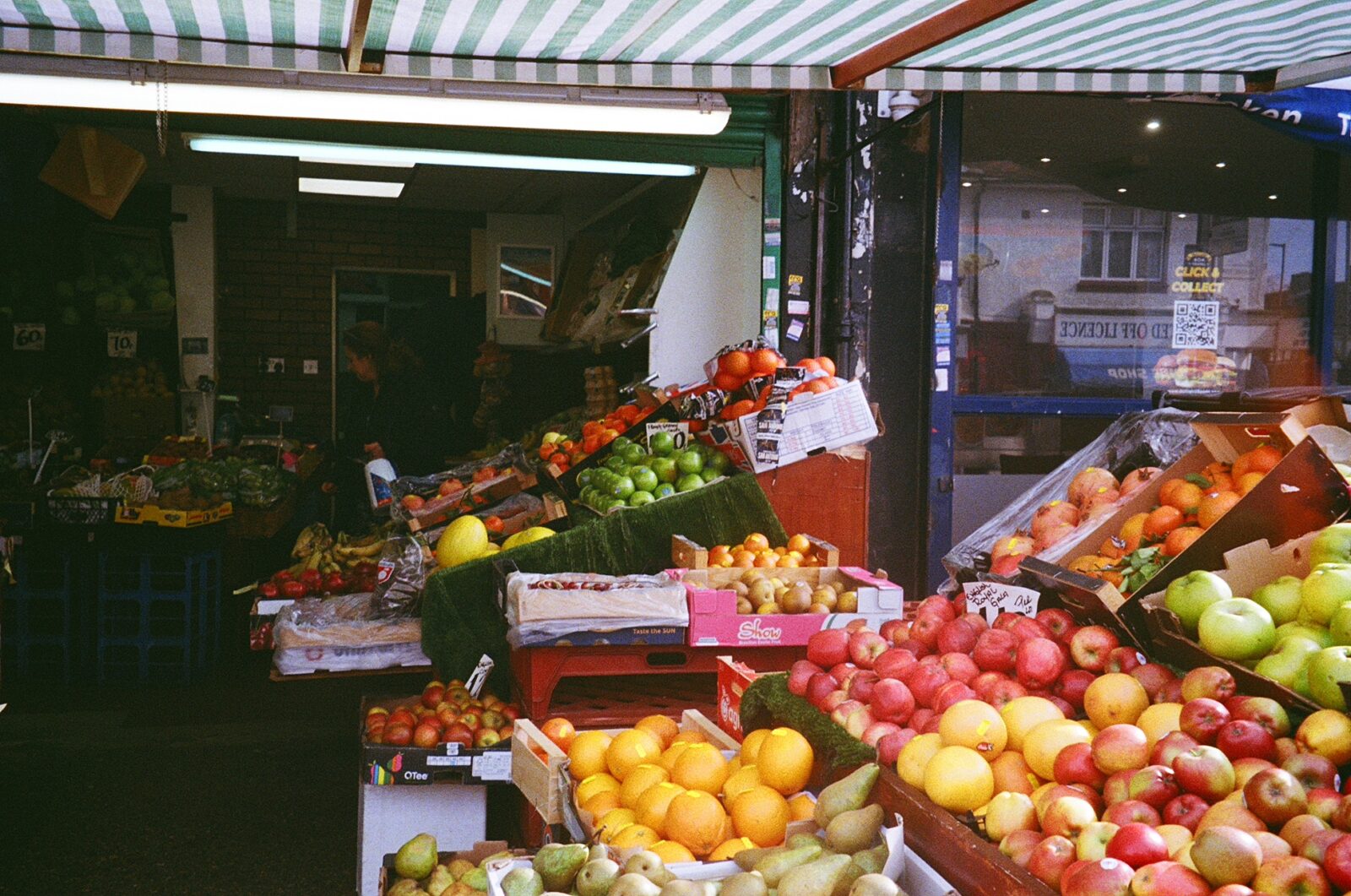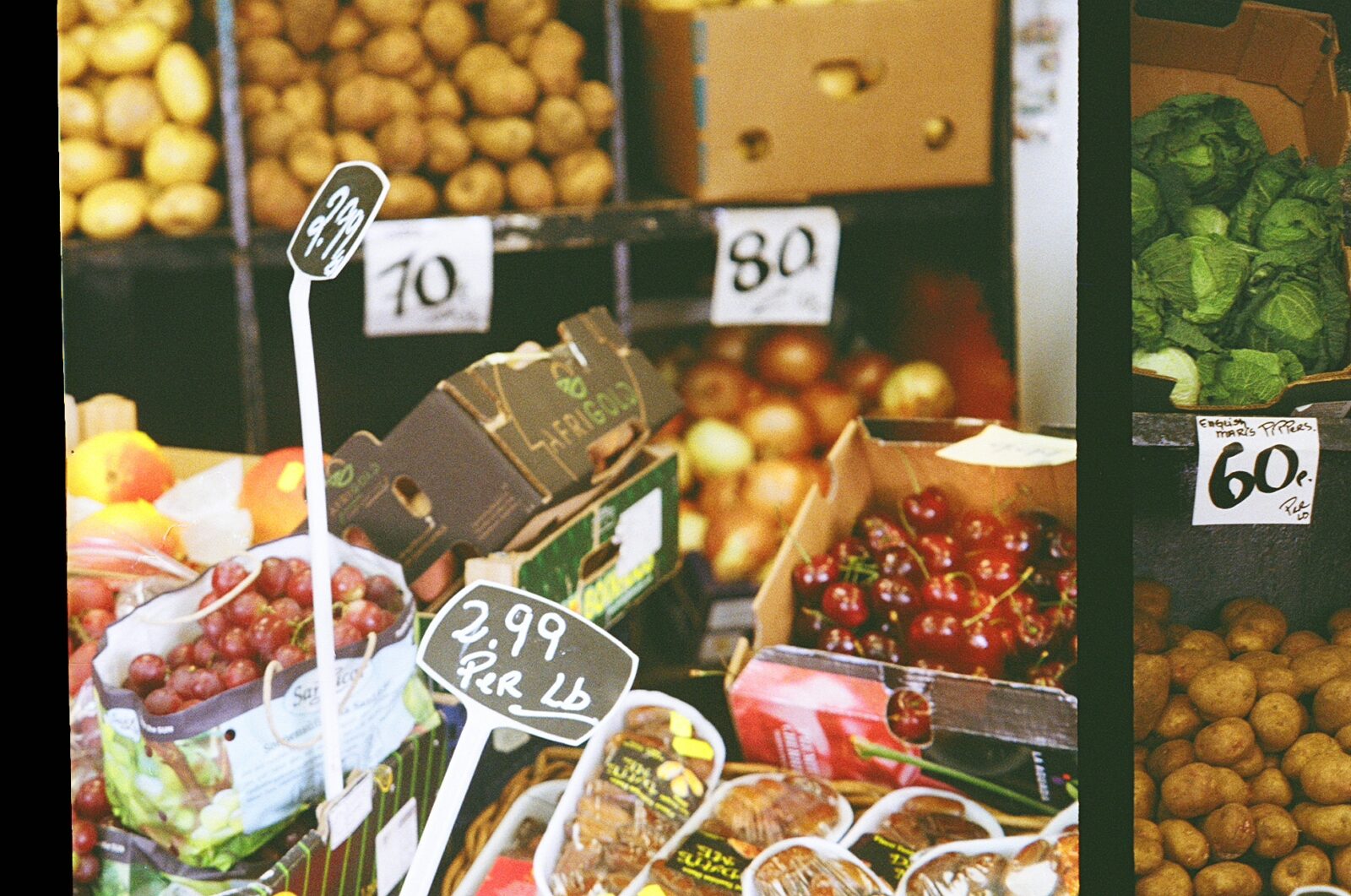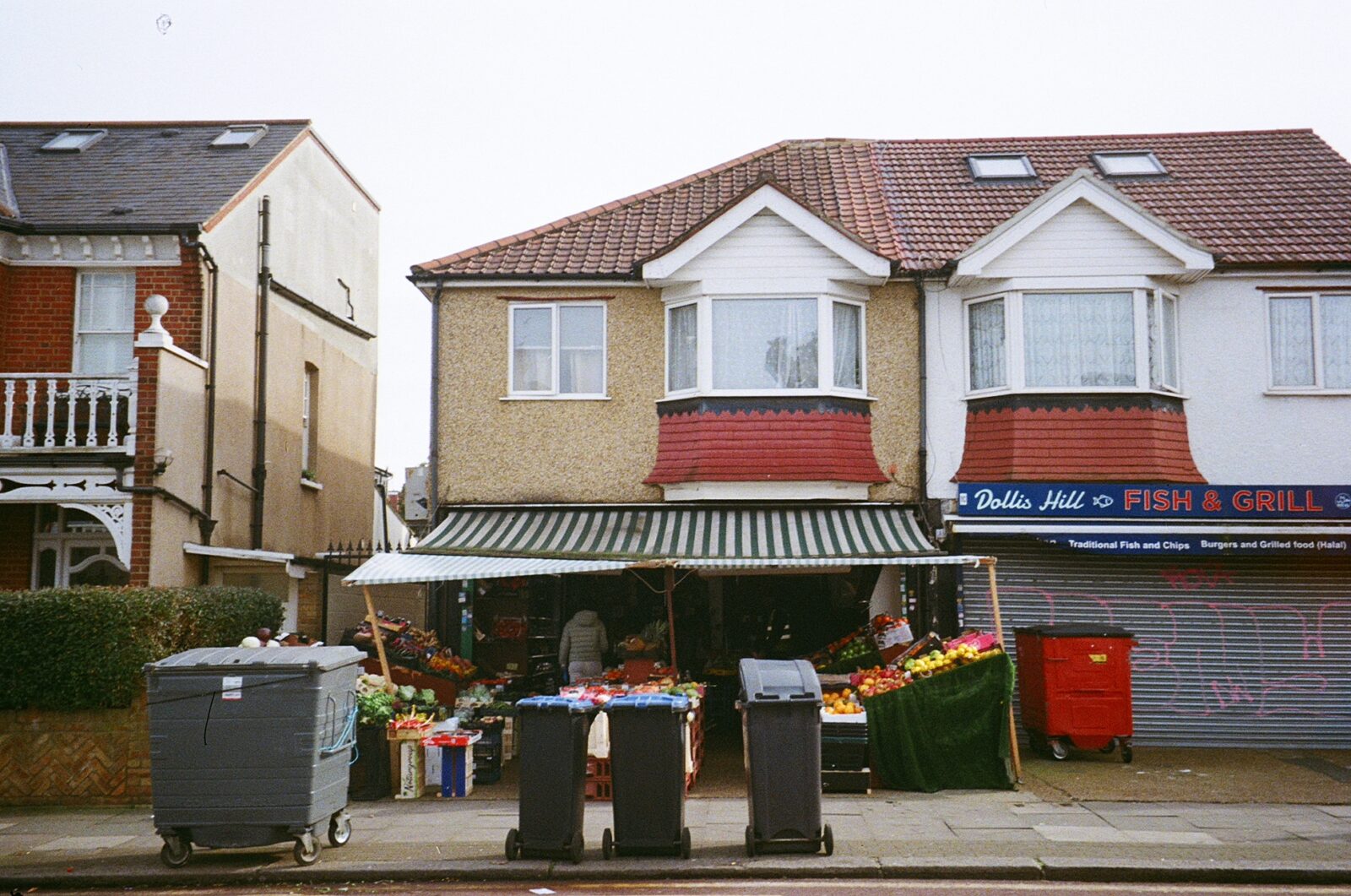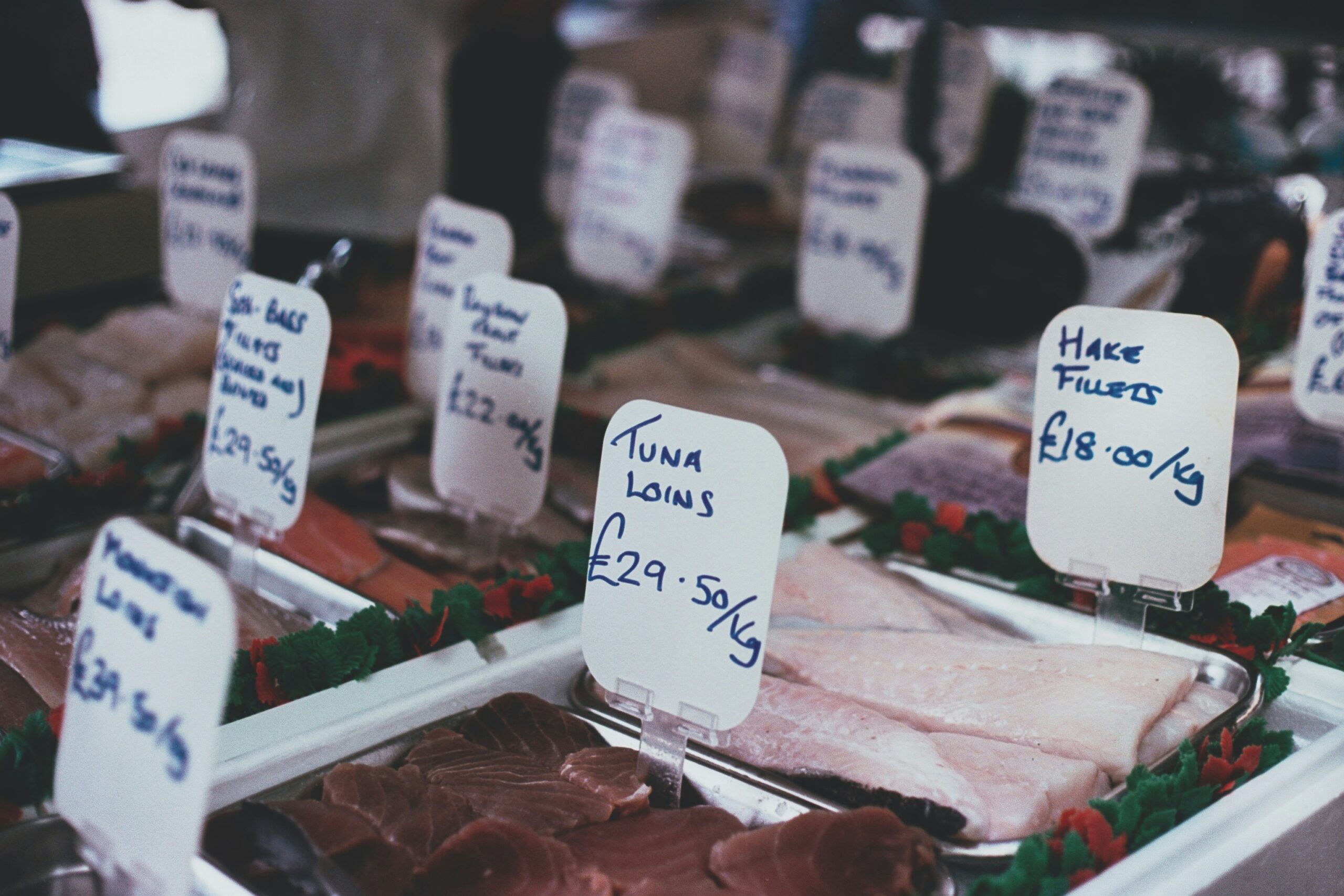When it comes to combatting the spread of soulless supermarket chains, local artisans tell Ottilie Blackhall that sometimes it’s better to keep it in the family.
“I’d like to pass the shop onto my children one day,” says James Louis. “We want to continue on the legacy and expand what was first built by my dad.”
Louis runs Two Peas in a Pod, the greengrocers of Barnes Village in south-west London, along with his two brothers, Callum and Joseph. The shop was started by their father, Malcolm, 40 years ago, and they all still work there together.
Two Peas in a Pod is one of many independent and family-run businesses that have experienced somewhat of a renaissance over the past few years. After being pushed out of business by supermarket chains, many greengrocers, butchers, and fishmongers closed their doors for good. Now, since the pandemic, there’s been a revival in shopping locally.
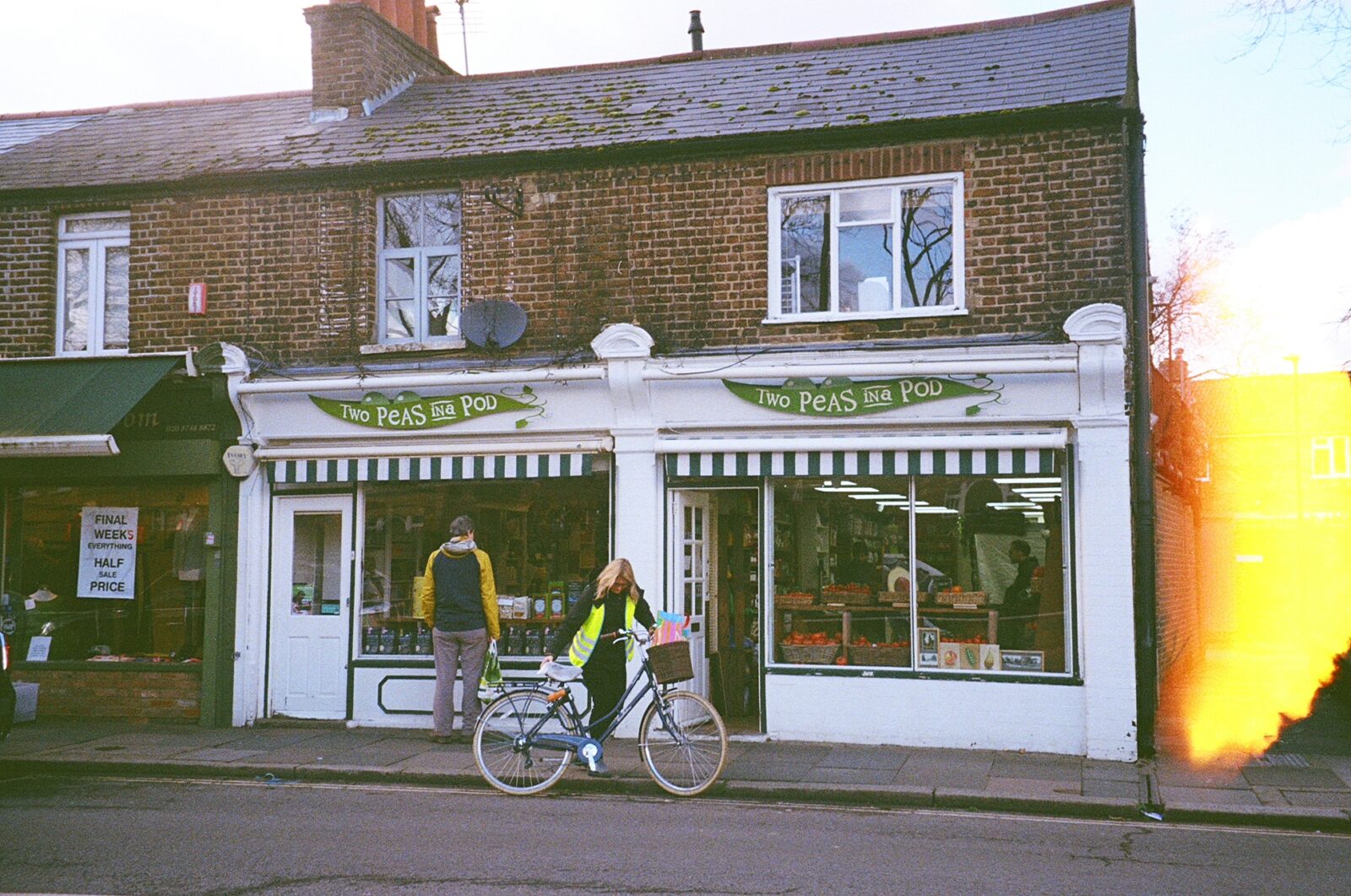
Despite the cost-of-living crisis, more consumers are prioritising sustainability and considering the environmental impacts of shopping for produce at the supermarket. In 2019, only 40 per cent of adult customers intended to shop more from local businesses. A year later, that figure had already risen to 60 per cent.
This isn’t just a London phenomenon. Research from Deloitte shows that 59 per cent of consumers in Britain shopped more regularly at local shops during lockdown, whilst Attest’s research finds that if these consumer trends continue to flourish across the country, there could be a revival of high street culture. This will see a resurgence of ‘place personality,’ and shops that reflect the communities that use them, in a rebuttal against the homogeneity of supermarkets.
For Louis, working in a family-run business allows full control and responsibility over what is bought and sold, unlike a supermarket. “We make decisions together and work with people we trust,” he says. “It keeps us close as a family and connects us. We have a mutual respect.”
Their shop sells the usual fruit and veg and a host of sustainable wholefoods, artisan olive oil, tea, coffee, and organic produce. Louis adds that the success of their shop is down to the family’s collective goal of running a successful business that is important to the local community of shoppers in Barnes.
In Dollis Hill, north-west London, John Gibbons’ greengrocers, John’s, has been in the family for 52 years. He is the third generation of greengrocers from a family that has been serving Brent locals for over 150 years. “I am the community,” Gibbons says, in reference to his regular customers who come to buy fresh vegetables, fruit, eggs, and flowers from the Dollis Hill stalwart – at a quality that can’t be rivalled by a supermarket. Even at midday on a Tuesday, the greengrocer is bustling with shoppers.
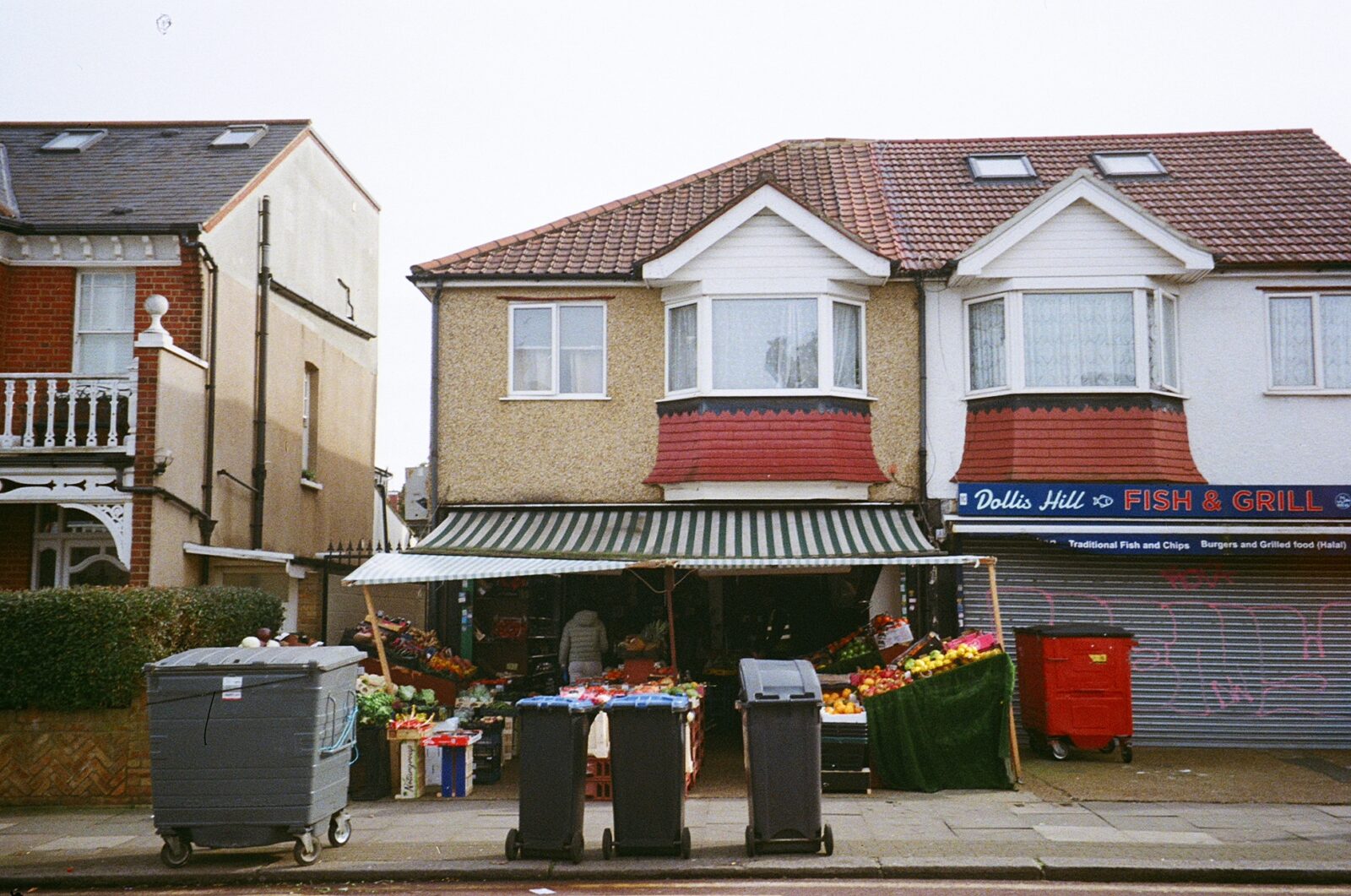
Gibbons is up at three o’clock every morning to travel across the capital to Western International Market, Covent Garden, and Spitalfields to buy produce for his shop. The London wholesale markets operate in a little-known nighttime network when the roads are quiet, before the rest of the world wakes up. Because of this, John doesn’t usually work afternoons. He buys produce from three farmers in the winter and seven in the summer, when business is busier. Although it started as a family business, John now works with no family members, though his partner Denise helps out.
Gibbons inherited the shop after his father passed away, but he is not overtly sentimental about the family business: “It’s just my living, isn’t it? It’s all I’ve ever done – this is my 49th winter here.”
Of course, Gibbons remarks, over that time the clientele has changed. In fact, “everything’s changed,” he says. But he’s not keen on leaving yet, having withstood being squeezed out of business by supermarkets.
Like Gibbons, fishmonger Rex Goldsmith finds that supermarket chains are not a threat to good, independent businesses. “Our offerings are completely different to supermarkets,” he says. “Supermarkets don’t sell line caught sea bass, big Cornish turbot, wild sea trout, live langoustines, or Italian prawns. It’s like comparing a work canteen to a restaurant. Business has steadily improved each year.”
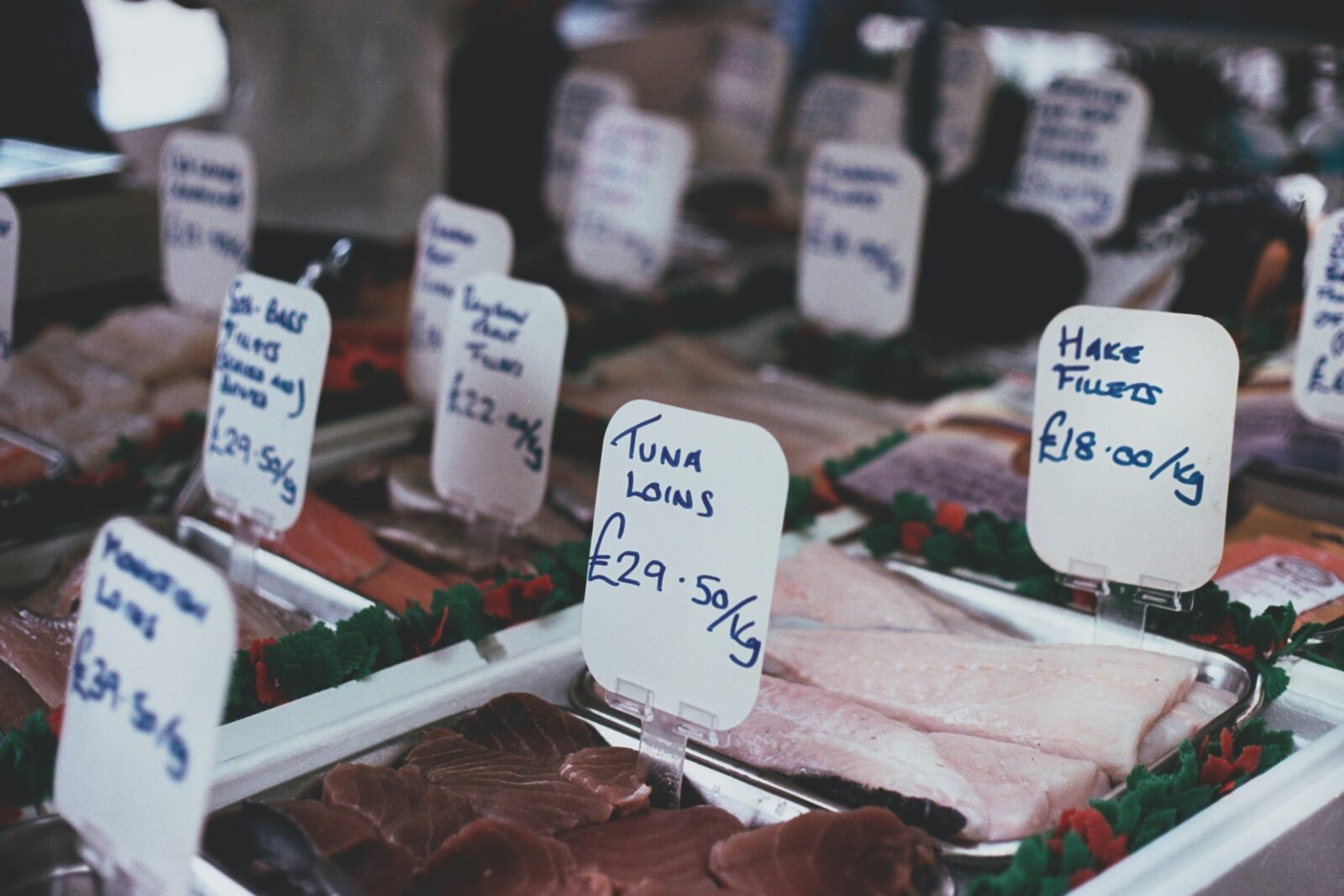
The self-titled “nice-ish bloke” runs The Chelsea Fishmonger with his wife Emma and their two sons, Alfie and Oli. Goldsmith bought the shop 20 years ago, where they sell fresh and smoked fish and shellfish.
“My fishmonger is important to me because I have a passion, although my family would call it an obsession, for what I do,” says Goldsmith: “Having my family at work with me is a wonderful thing. We get on well, most of the time! I sometimes like to step back and watch my kids. It’s always a proud moment.”
Goldsmith credits the success of his small business to passionate people working in a family environment, sharing a driving force and intergenerational knowledge – much like Louis from Two Peas in a Pod. “30 years ago I was a Tesco fishmonger,” says Goldsmith. “The buyers for these supermarkets buy for price. I buy for quality, that’s the difference.”
An old note on the Chelsea Fishmonger’s website announces: “Rex says: Oysters are the same price as yesterday. Black Friday can shuck off.” Clearly, he has no problem with challenging supermarket overconsumption, either.
The Ginger Pig, owned by Tim Wilson, began with three Tamworth pigs: Milly, Molly, and Mandy. Now, the business stretches across eight shops around London, solely working with independent farmers and small producers like the Botterill family, who have been farming for over 70 years. Many of the producers are old friends of Wilson, who, as an independent farmer himself, started the business 30 years ago, selling “anything to do with meat!”
“We’re a little bit different to your average butcher because we own farms,” says Wilson, who also works with family-run farms across the country. Over the last few years, Wilson has noticed that the trend of more people choosing to shop local and support their independent butchers is “absolutely true.”
“At the end of the 80s, all through the 90s and 2000s, butchers were closing. But now, independent butchers, greengrocers, fishmongers, bakers – it’s all started again,” he says.
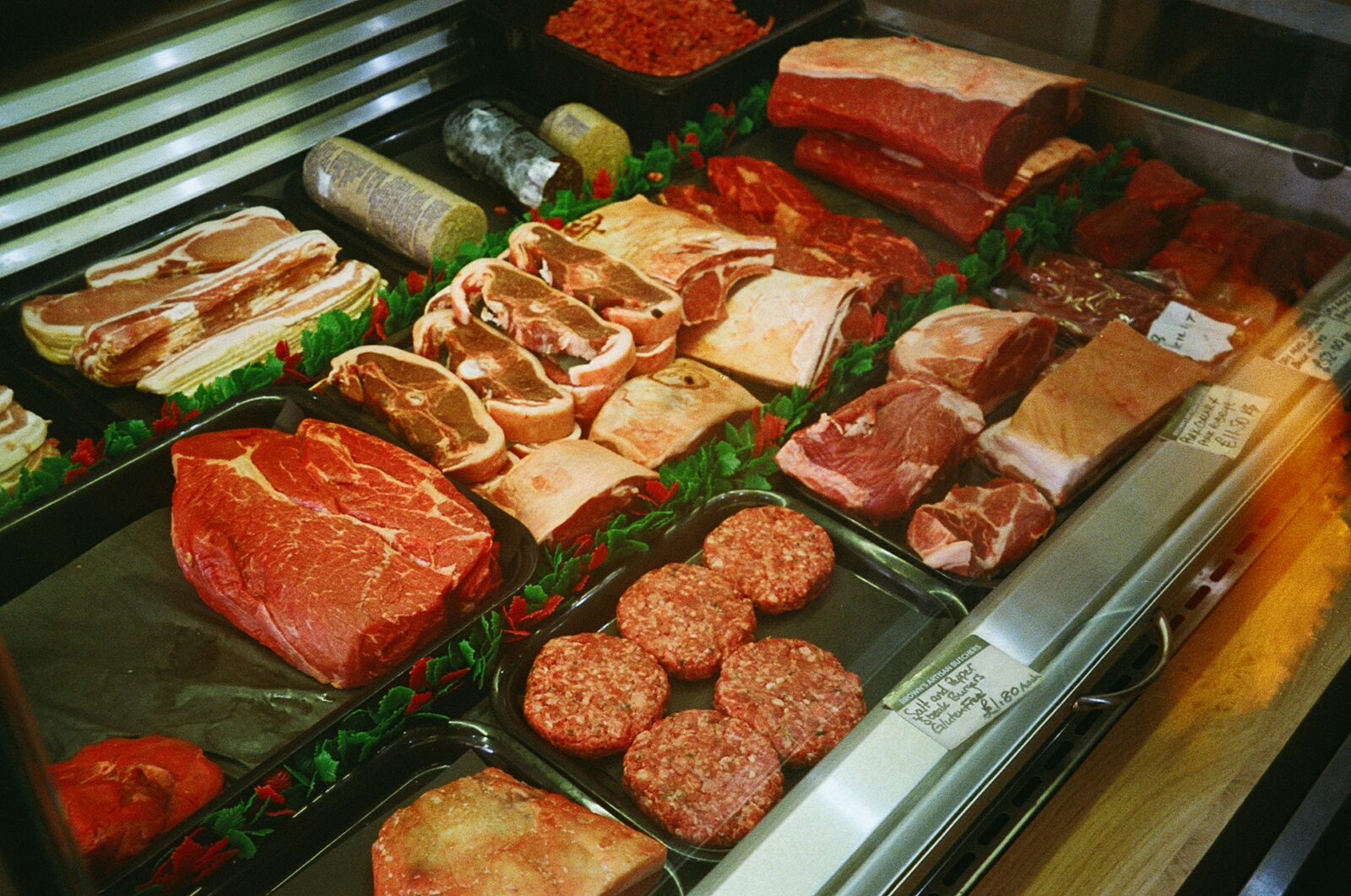
“The supermarkets don’t take a lot of business from independent butchers,” adds Wilson, and the success of The Ginger Pig attests to this. The flagship shop in Borough Market has been open since the 1990s and still draws queues out the door everyday of eager customers who choose the Ginger Pig’s quality over heading to the supermarket.
Independent, family-run businesses continue to thrive across London, with a personality and premium that can’t be found at the supermarket – and shop owners who don’t plan on going anywhere anytime soon.
As Gibbons says: “You don’t know what’s around the corner, do you?”
